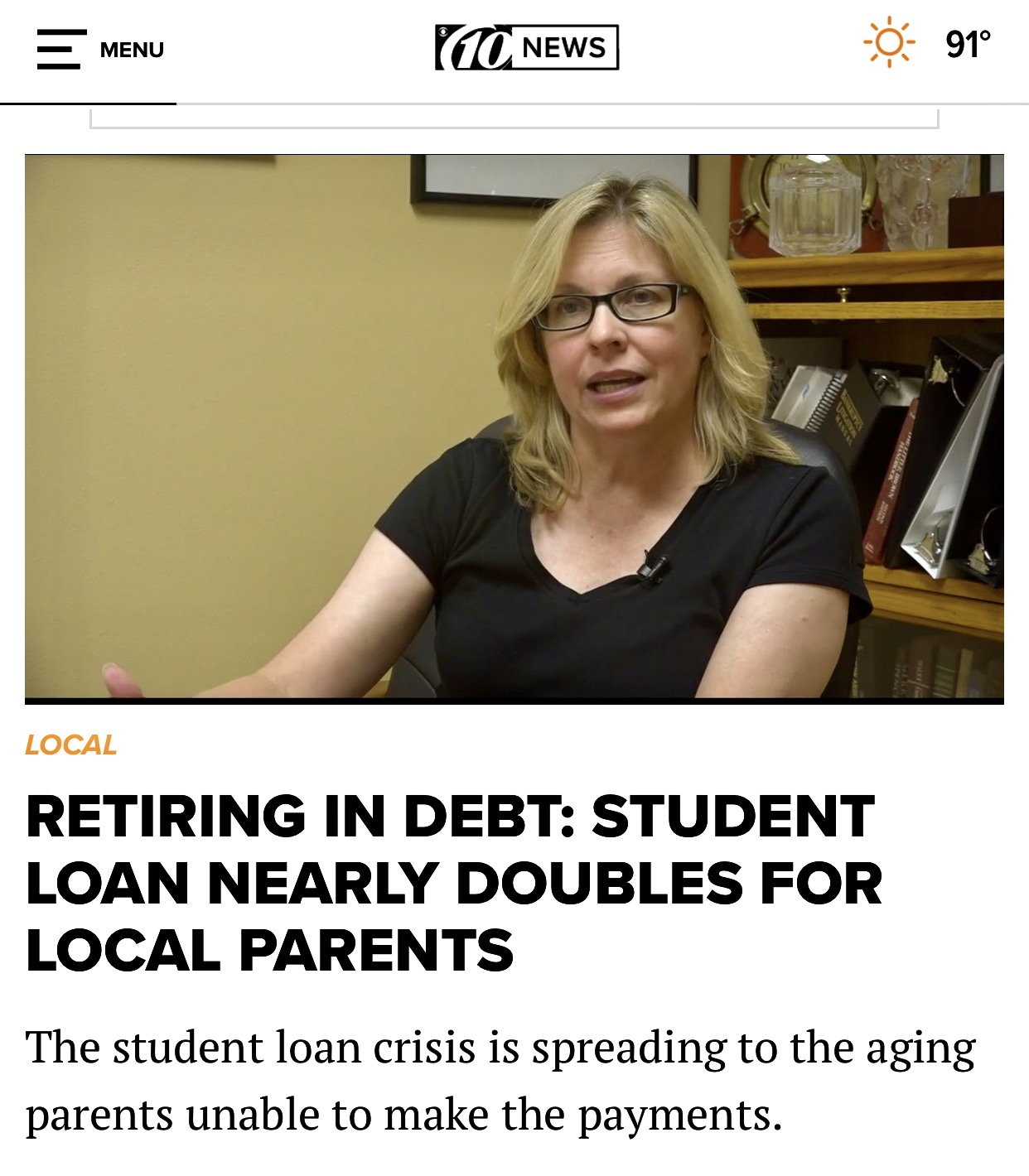 We’ve been spending quite of bit of time lately researching all the ins and outs of Public Service Loan Forgiveness (“PSLF”). One of the issues that has caught our attention is the failure to communicate to FFEL borrowers the need to consolidate their loans to the newer Direct loans and THEREAFTER make 120 timely monthly payments. Many people have never been informed of this requirement to consolidate to Direct Loans, and have wasted many years of their life making payments that do not count toward PSLF. Many are finding this out now. After they’ve already worked in public service for years.
We’ve been spending quite of bit of time lately researching all the ins and outs of Public Service Loan Forgiveness (“PSLF”). One of the issues that has caught our attention is the failure to communicate to FFEL borrowers the need to consolidate their loans to the newer Direct loans and THEREAFTER make 120 timely monthly payments. Many people have never been informed of this requirement to consolidate to Direct Loans, and have wasted many years of their life making payments that do not count toward PSLF. Many are finding this out now. After they’ve already worked in public service for years.
I’d like to hear from student loan borrowers about how they heard of the need to consolidate to Direct for PSLF eligibility, and when they learned of this. There appears to be a gap – the FINAL RULE implemented by the DOE on July 1, 2009 lays out a counseling requirement where this is to be discussed with students during an exit interview with the school. But what about the ones who already graduated? It wasn’t added to the Master FFEL Promissory Note until late 2009/early 2010. So any borrower who graduated prior to mid 2009 would not have known of this requirement from the school, nor from the note they signed. The PSLF was passed into law by the College Cost Reduction and Access Act of 2007 by President Bush to provide indebted professionals a way out of their federal student loans by working full-time in public service. In 2007, many banks loaned money to borrowers under the FFEL program which provided for a federal guarantee in the event of default. Three quarters of schools provided access to FFEL loans, while Direct loans were offered in only one-quarter of schools. So in 2007, these banks began to inform their borrowers of this new legal path toward forgiveness. Three quarters of these borrowers had FFEL loans which did not qualify. At that time there were no forms to fill out, no applications to submit. Borrowers were given a payment amount and told to make timely payments for 120 months and then apply. The DOE doesn’t even have a final application ready yet – it is expected in September 2017.
In November 2011, FedLoan Servicing was awarded the contract to service borrowers eligible for PSLF. But unless a borrower had somehow heard of the certification process to inquire about potential eligibility that began in January 2012, their loans would not have been serviced by FedLoan. Loan servicing could have been provided by any of the originating banks or their servicers such as Navient, Sallie Mae, Nelnet or Great Lakes. What steps did any of these parties take to educate their borrowers about the PSLF requirements? What steps did the DOE take to ensure FFEL borrowers were aware of this limitation other than publication on its website for borrowers prior to the new Master Promissory Note in late 2009/2010? Did the lenders have a financial incentive not to notify borrowers and thereby reduce their profitable loan portfolio?

 Reboot Your Life: Tampa Student Loan and Bankruptcy Attorney Blog
Reboot Your Life: Tampa Student Loan and Bankruptcy Attorney Blog






